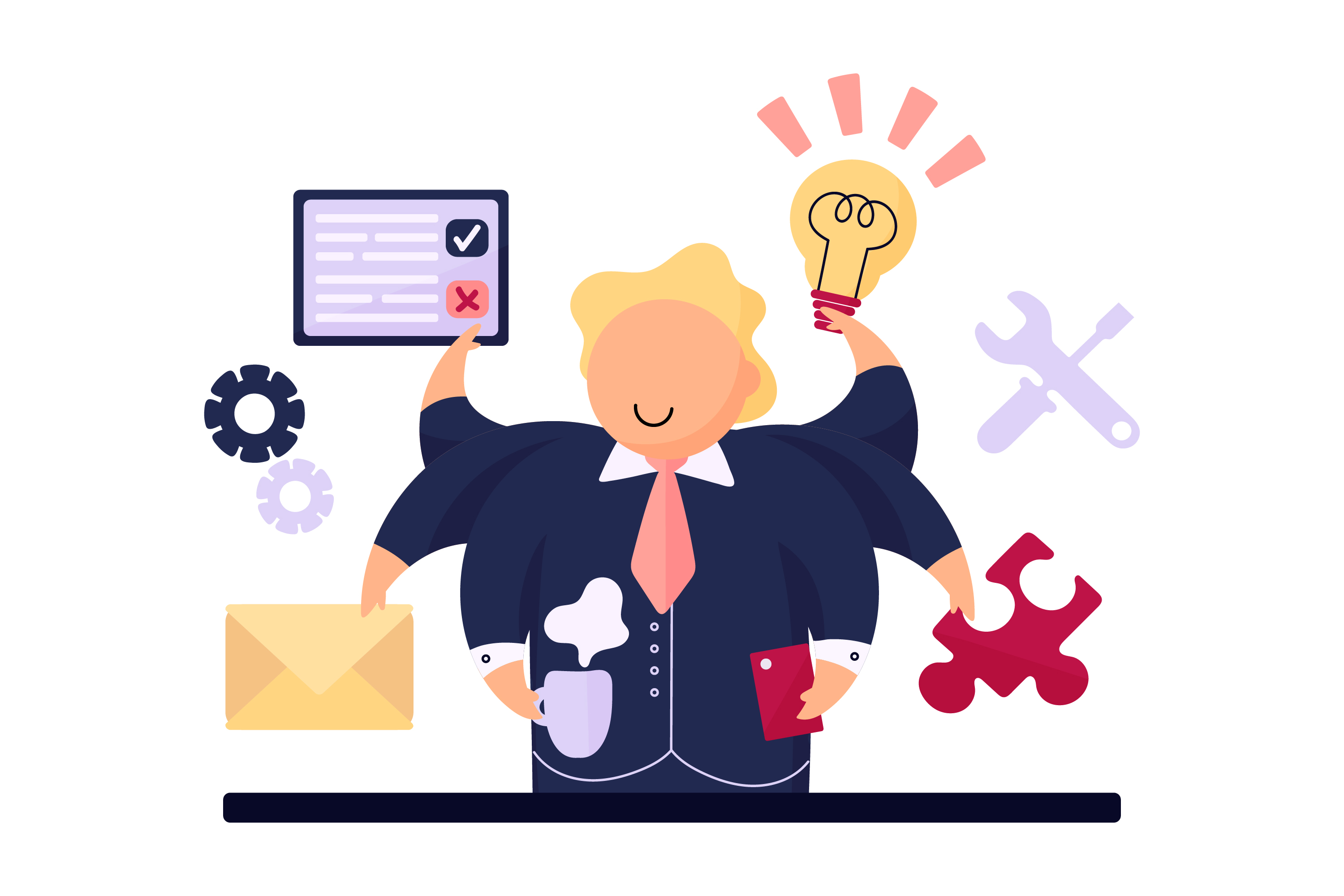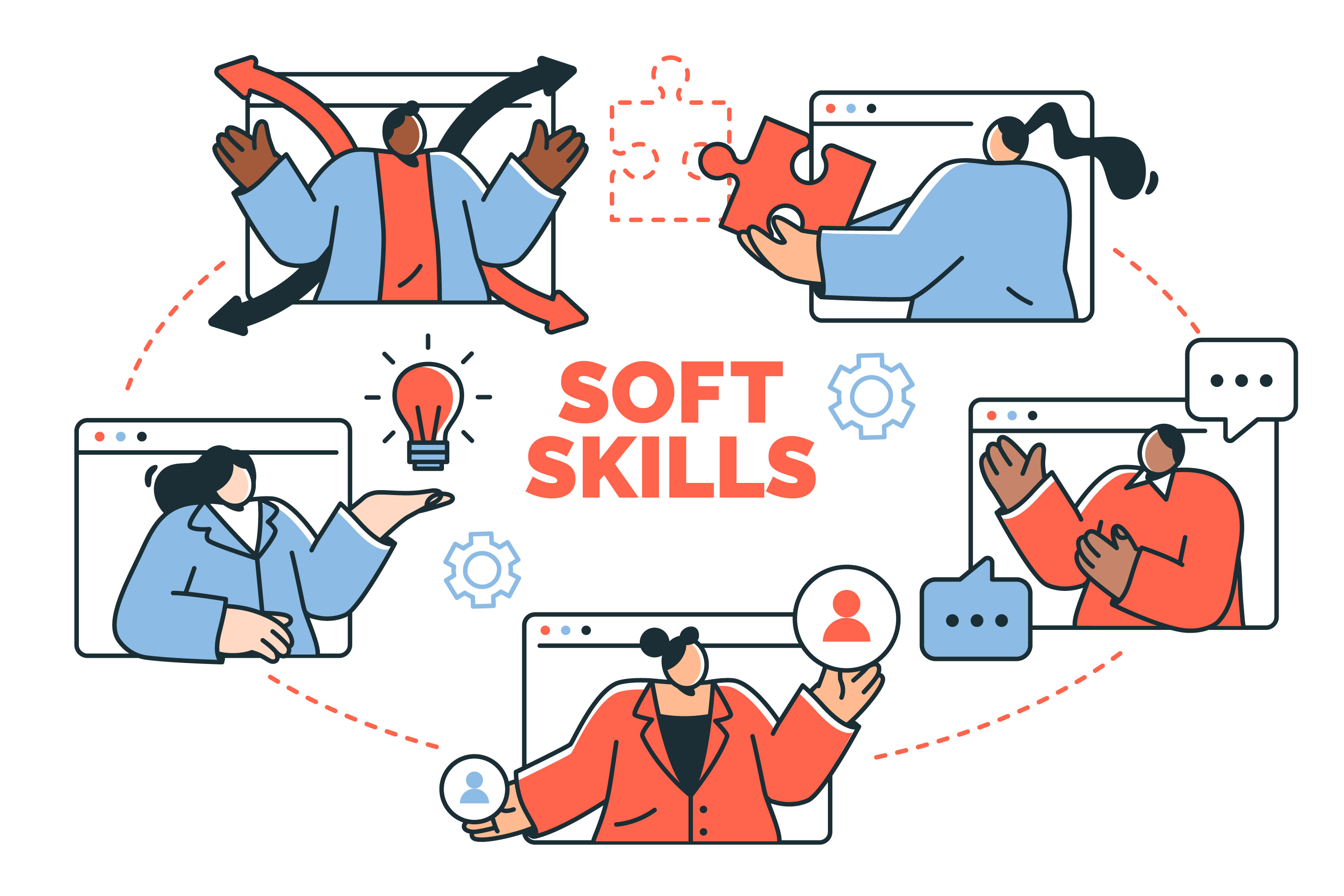Soft Skills vs. Hard Skills: Which Are More Important for Career Success?
When it comes to building a successful career, the age-old debate continues: which matters more—hard skills or soft skills? While technical expertise and knowledge are undeniably crucial, the ability to communicate, collaborate, and adapt often proves equally—if not more—important in the long run. Let’s explore the differences, and how to strike the right balance for career growth.

What Are Hard Skills?
Hard skills are teachable, measurable abilities that are often acquired through education, training, or specific experience. These skills are usually job-specific and can be tested or quantified.
Examples of Hard Skills:
-
Proficiency in a programming language (e.g., Python, Java)
-
Data analysis and statistics
-
Foreign language fluency
-
Operating machinery
-
Writing and editing
-
Project management software (e.g., Asana, Trello)
These skills are often listed on résumés and are usually what employers screen for first when hiring for technical roles.
What Are Soft Skills?
Soft skills are interpersonal or “people” skills. They relate to how you work, interact with others, and manage yourself in a professional environment. While harder to quantify, they are essential in virtually every field.
Examples of Soft Skills:
-
Communication
-
Leadership
-
Emotional intelligence
-
Teamwork and collaboration
-
Time management
-
Problem-solving
-
Adaptability
These skills influence how effectively you use your hard skills in real-world situations.
The Interplay: Why You Need Both
Neither hard nor soft skills exist in a vacuum. The most successful professionals blend both types.
-
A software developer might have exceptional coding skills (hard skill), but if they can’t collaborate with their team or explain technical concepts to non-tech stakeholders, their impact may be limited.
-
A manager might excel in motivating and leading teams (soft skills), but without solid budgeting or planning abilities, project outcomes may suffer.
Key Insight:
Hard skills may get your foot in the door, but soft skills often open the next one.
Industry Differences
The importance of hard vs. soft skills can vary depending on the field:
-
STEM fields (e.g., engineering, IT, finance): Strong hard skills are critical, but soft skills like problem-solving and communication are becoming increasingly valued.
-
Creative industries (e.g., marketing, design, media): Soft skills like storytelling and adaptability are often prioritized, alongside technical tools.
-
Healthcare, education, and service roles: Empathy, patience, and interpersonal skills are as crucial as technical expertise.
Developing Both Sets of Skills
To Build Hard Skills:
-
Take online courses or certifications
-
Attend workshops and conferences
-
Practice through hands-on projects
To Strengthen Soft Skills:
-
Seek feedback from peers and mentors
-
Practice active listening and clear communication
-
Volunteer or lead group projects
-
Engage in public speaking or networking opportunities

So, Which Is More Important?
Short answer: It depends on your role—but for long-term career growth, soft skills often win out.
In a fast-changing job market, soft skills are increasingly seen as durable and transferable, while hard skills may evolve or become obsolete over time. Employers want people who can learn quickly, work well with others, and navigate complexity.
Final Thought
Think of your career like a well-balanced toolbox. Hard skills are the tools themselves—necessary to complete specific tasks. Soft skills are the wisdom and finesse with which you use those tools. The more balanced your toolbox, the more adaptable—and successful—you’ll be.












